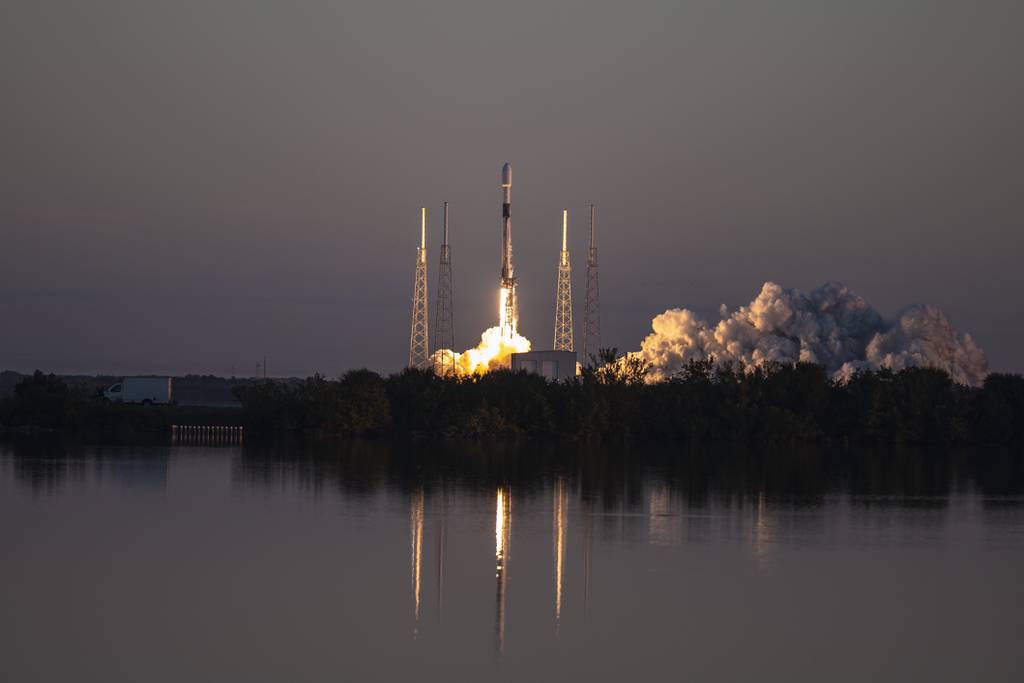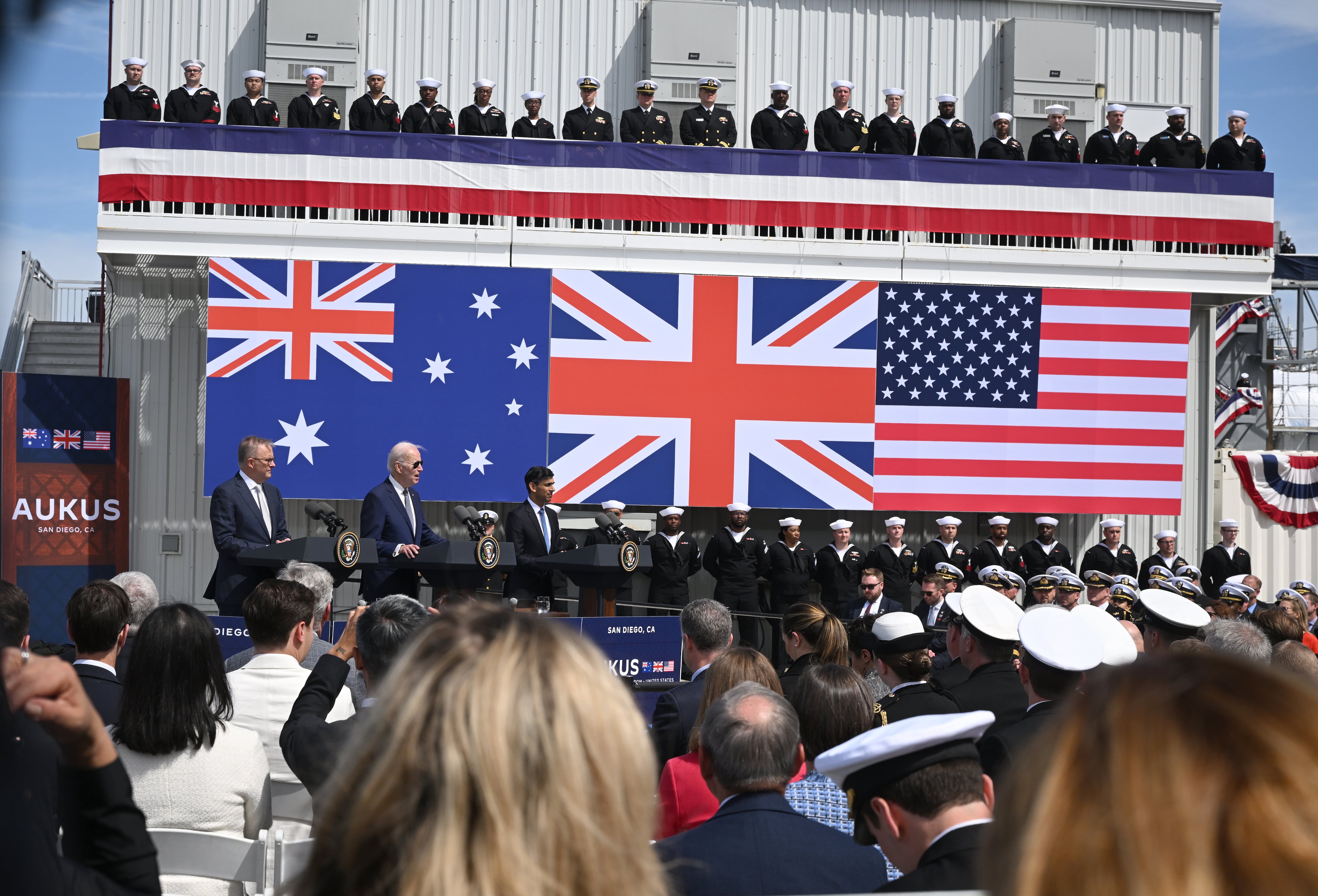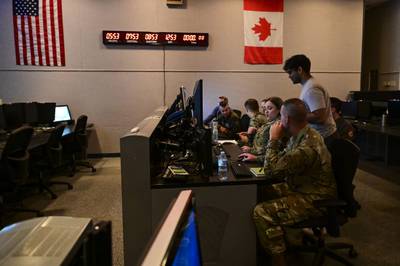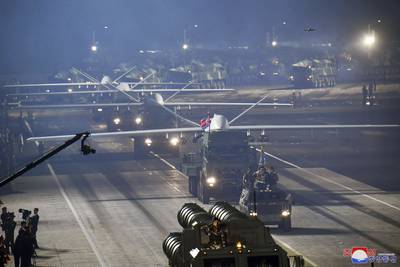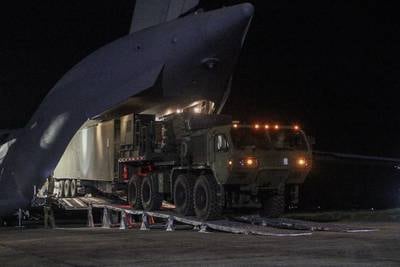WASHINGTON — The fiscal 2024 defense policy bill takes a step toward helping the U.S. Space Force manage its launch ranges more like commercial spaceports, but one lawmaker says there’s still work to be done.
The National Defense Authorization Act, which is awaiting President Joe Biden’s signature, includes a provision that allows the Space Force to collect additional fees from commercial companies that operate at its space launch ranges. While the service previously charged for direct cost like equipment usage at a launch pad, the 1984 Commercial Space Act restricted it from asking companies to pay for what are considered “indirect” costs, like facilities repair and maintenance.
Rep. Salud Carbajal, D-Calif., told C4ISRNET the change in policy is a win for the Space Force and for the companies that use its ranges, particularly those at Cape Canaveral Space Force Station in Florida and Vandenberg Space Force Base in California, which resides in Carbajal’s district.
“It’s just really making sure that the ranges are getting their appropriate share of reimbursement from these companies so that they can continue to modernize and put that money back into the ranges,” he said. “It moves in the direction of just being more equitable all around.”
The provision, which Carbajal first introduced to the House’s version of the NDAA, limits the amount of indirect fees the Space Force can collect to 30% of what a company is contracted to pay in direct costs, with a cap of $5 million per year.
Carbajal noted that the details of the cap could be modified but was meant as a starting point as the Space Force works with companies to negotiate what indirect costs it will charge.
As launch rates surge at its East and West Coast ranges, and as more companies look to use their services, the Space Force has shifted toward a model of running its launch facilities more like commercial airports. That means viewing its launch pads like airport terminals, and rocket companies like airlines with paying customers.
The service’s FY24 budget request included $1.3 billion over the next five years for infrastructure projects aimed at increasing the number of launches it can support.
The change in how the Space Force collects range fees is one of two major policy changes the service sought heading into the FY24 legislative cycle to help enable this new way of operating. The other involves streamlining the process for leasing federal land around military bases — including those that are home to launch complexes — to commercial companies.
Carbajal proposed an amendment to the House Armed Services Committee’s original bill that would have given the Space Force more authority to lease land for space launch companies to grow their footprint on its ranges.
He said the amendment drew bipartisan support from the committee, but not enough for it to pass. He plans to push for its inclusion in the FY25 policy bill.
“There’s a huge amount of viable, productive space around a number of bases, and if it’s done right and appropriately, it could actually provide a revenue stream that, in this case, could be reinjected back into the ranges,” he said. “I will continue to work on this.”
Courtney Albon is C4ISRNET’s space and emerging technology reporter. She has covered the U.S. military since 2012, with a focus on the Air Force and Space Force. She has reported on some of the Defense Department’s most significant acquisition, budget and policy challenges.
